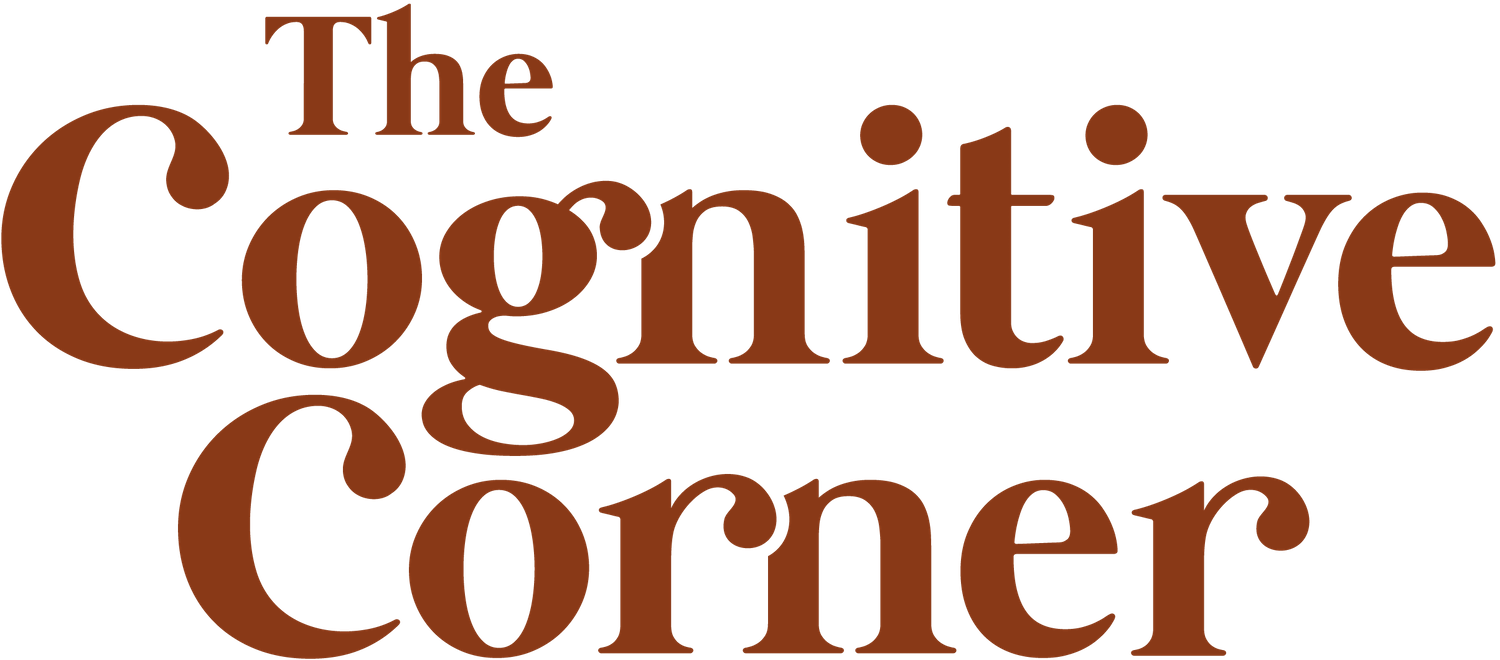Cognitive Behavioral Therapy (CBT) in Calgary
What is Cognitive Behavioral Therapy?
CBT is a goal-oriented therapy that helps individuals identify and change negative thought patterns and behaviors. It works on the idea that our thoughts, feelings, and actions are interconnected, and by changing negative or distorted thinking, we can improve emotional well-being and change unhealthy behaviors. CBT helps us recognize these unhelpful thoughts, like assuming the worst or being overly critical of ourselves, and replace them with a more balanced perspective. In practice, this means simple, actionable steps like writing things down, challenging negative assumptions, or trying new ways to react in difficult moments.
What Issues Can CBT Help With?
Anxiety
Depression
Stress
Obsessive Compulsive Disorder
Grief and Loss
Anger Management
Chronic Pain and Illness
Body Image Issues
Low Self-Esteem and Negative Self-Beliefs
Relationship Issues
Too Long, Didn’t Read:
Your thoughts impact how you feel. CBT helps you recognize negative patterns and shift them in a healthier direction with simple and practical strategies
Frequently Asked Questions:
-
CBT is typically a short-term therapy, often lasting anywhere from 5 to 20 sessions. The duration depends on the specific issues you're working on and how quickly you progress.
-
CBT is more structured and focused on specific goals compared to some other therapeutic approaches. While therapies like psychodynamic therapy delve deeper into the unconscious or past experiences, CBT focuses on changing current negative thought patterns and behaviors to improve emotional health and coping strategies.
-
Yes, CBT is especially effective in addressing negative self-talk. It helps you recognize and challenge the unhelpful thoughts you have about yourself, replacing them with more balanced, realistic beliefs that improve self-esteem and mental well-being.
Our CBT Therapists in Calgary
-

Sydney Addai, Registered Provisional Psychologist
Servicing: Alberta
-

Milena Petrovic, Counselling Intern
Serving: Alberta
Learn More -

Gabriella Mercuur, Registered Provisional Psychologist
Serving: Alberta
-

Deanne Arada, MSW, RSW
Serving: Alberta, Manitoba, Ontario & Quebec
-
Mary Blansah, MSW, RSW
Servicing: Alberta, Ontario & Quebec
-

Melissa Fonseka, M.C, Registered Psychologist, EMDR Therapist
Serving: Alberta



